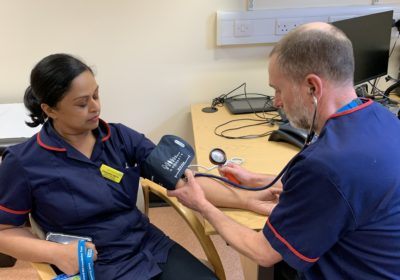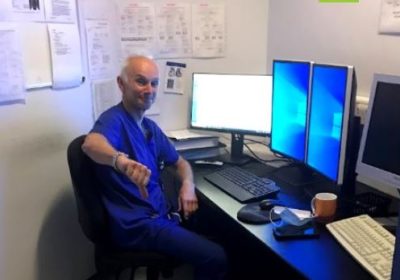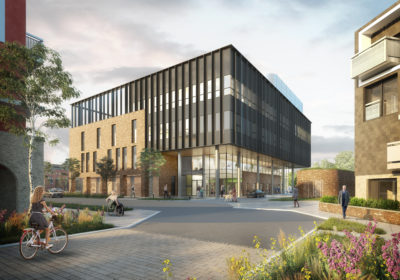Healthwatch staff and volunteers visited eight organisations and attended 11 different groups, talking to more than 200 people from groups we are least likely to be contacted by or ordinarily hear from.
All participants completed a written questionnaire asking questions about their recent experiences of health and social care in South Tyneside, including dental care. They were invited to comment on both positive aspects and areas for improvement.
Nearly 300 comments were recorded.
The groups attended included:
- St Hilda’s (drop-in)
- Apna Ghar
- South Tyneside Adult Carers (STACS)
- Naffi Break (Veterans’ group)
- Action Station (drop-in)
- Happy at Home
- Big Local
- South Tyneside Adult Recovery Service (STARS)
- South Tyneside Asylum seekers and Refugee Church Help (STARCH)
- Vision & Hearing Support.
The key services raised by participants included GPs, hospital inpatient and outpatient, mental health and dentistry.
Other services highlighted included speech and language, health visiting, leaving prison, transport (including wheelchair taxis/transport and ambulance), opticians, mental healthcare and advocacy, neurology, occupational therapy, district nurses and translation.
A lot of comments were made about communication relating to different services. People felt communication of information from GPs, hospitals and mental health services around results of investigations, what care is planned for them and information around wait times was lacking.
Interpreting services appear not to be being utilised within general practice and (not so much) in the hospital. Information from GPs and hospitals is often in a format that can make interpreting letters/texts/appointments etc. difficult.
People told us how within mental health services communication (actually getting in touch with) key staff around care was a challenge.
Getting the right type of appointment type with the right person at GP surgery continues to be a challenge for people; a reliance on eConsult to triage people appears to make them feel not listened to.
Recommendations which will be shared with health and social care commissioners to assist future service planning include:
- Consider methods to better communicate information around results of investigations and planned care with patients
- Greater use of interpreting services
- Improve communication from GP practices, especially around test results
- Consider the location a patient is being asked to travel to for tests; a taxi may be unaffordable
- Greater communication of the availability of mental health support (including Crisis) and therapies in the community whilst awaiting allocation of CPN or other therapeutic interventions
- Clear upfront explanation of private dental costs.
The full report can be found here.






